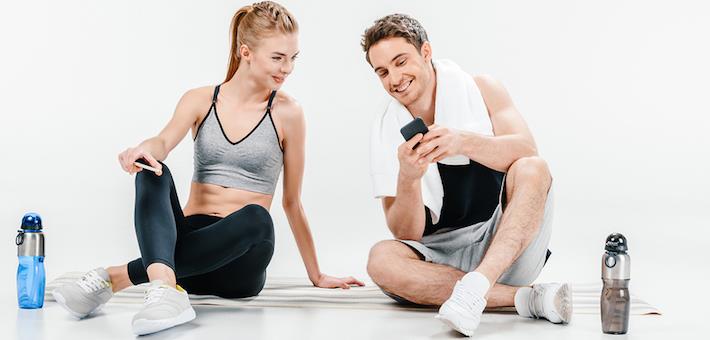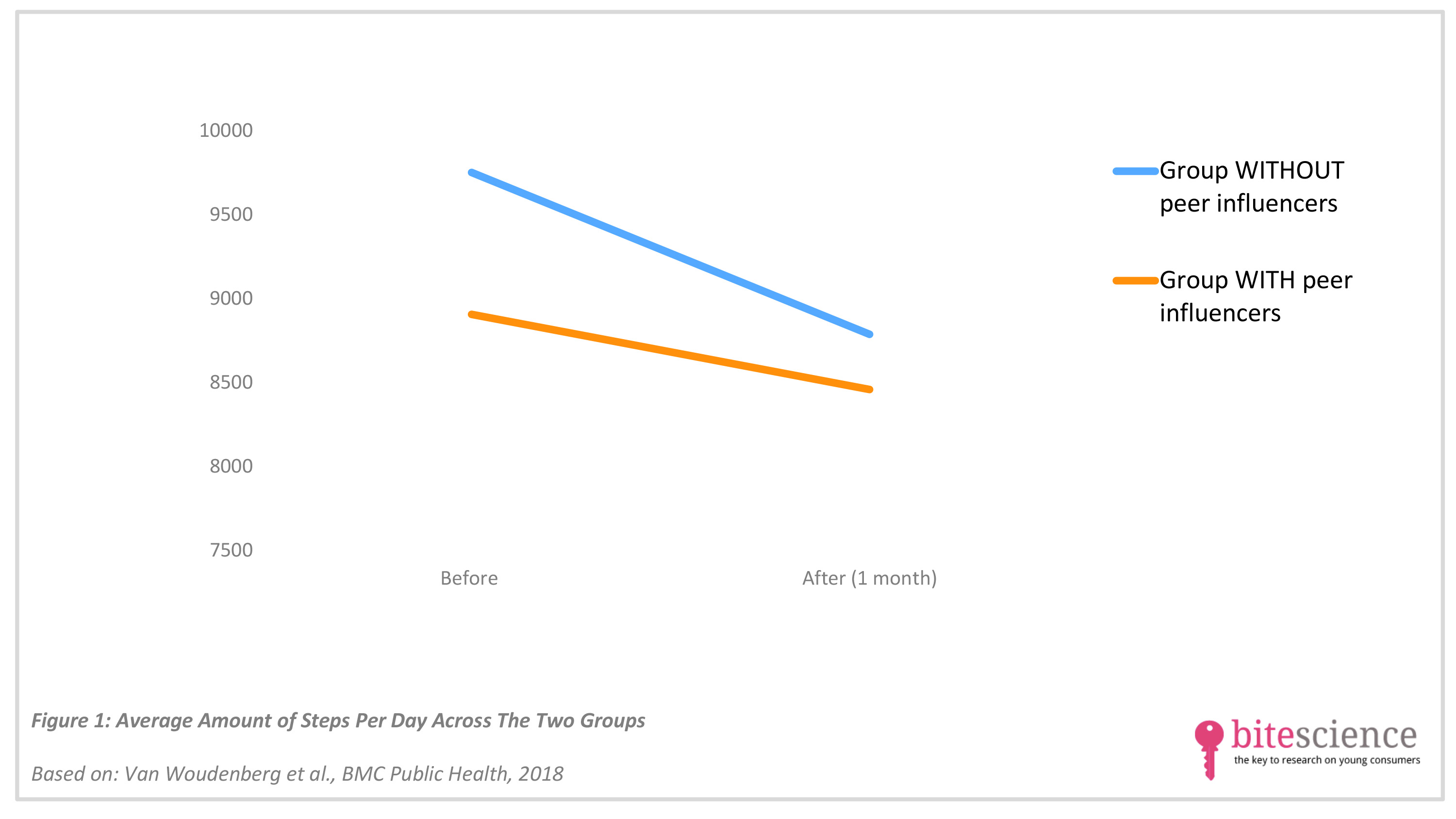
Can a Smartphone App Train Peer Influencers to Promote Physical Activity Among Their Peers?
Some teens have more influence than others when it comes to a peer group’s health behaviors. These "peer influencers” are promising targets for eHealth and mHealth interventions. These intervention programs can try to strengthen the power of peer influencers by training them how to promote health behaviors among their peers. However, a study in BMC Public Health shows that training peer influencers via a smartphone app is not that successful.
Take aways
- Stimulating peer influencers via mobile messages to influence their peers is not effective, in that it does not lead to increased physical activity in the peer group.
- It seems that training peer influencers via the smartphone is not persuasive enough to motivate them to promote physical activity among their peers.
- For health practitioners and intervention developers, it is important to know that when using the peer influencers approach it is essential to focus on peer influencer engagement.
Study information
The question?
Can influential teens be trained with a smartphone application to stimulate other teens to increase their physical activity?
Who?
190 adolescents between 11 to 14 years old (mean age = 12 years; 46% male)
Where?
The Netherlands, Europe
How?
This study was part of the MyMovez project, which was funded by the European Research Council.
The researchers divided the teens in two groups. In the first group the researchers used a smartphone app to train the most influential teens to promote physical activity among their peers. To identify the most influential teens, participants nominated classmates on a number of questions. The teens with the closest connections to all other classmates -based on the nominations- were selected as peer influencers. The smartphone training messages were based on a successful face-to-face training targeting water consumption. Teens in the second group did not receive any training. To measure the physical activity, all participants wore a wearable accelerometer before and during the intervention period.
Facts and findings
- Teens in classes where peer influencers received training did not become more physically active than teens in classes without the training.
- Most of the peer influencers reported being neutral to positive about being an influencer. Additionally, some thought it was an easy task to perform, while others did not like the 'influencer' role or thought it was hard to promote physical activity.
- In general boys were more active than girls.
- Remarkable fact: Most influential children reported that they were not aware of their influence on their peers and were not sure whether they had increased physical activity among their classmates.
